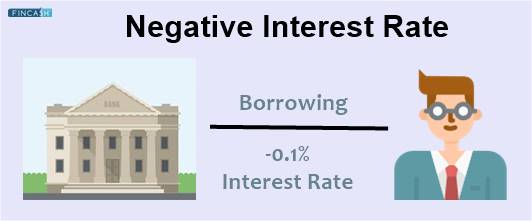
Legal Rate of Interest
What is the Legal Rate of Interest?
The legal rate of interest is referred to the highest interest rate that can be charged legally on any debt type, and to which adherence should be followed by the lender. While it is for every debt type, specific debts may carry a slightly higher legal rate in comparison to the other.

For instance, the legal limit for a student loan could be lesser than the legal limit for a payday creditor. Basically, this limit is set to avert creditors from charging excessive interest rates.
Explaining the Legal Rate of Interest
An interest rate that is more than the legal rate of interest is regarded as usury. Usually, there are strict penalties for usury in a majority of states, such as fines or forfeiture of interest or/and principal.
Moreover, the legal rate of interest can also be described as the highest rate that creditors may charge for any sort of legal claim enforced by the judiciary. In some countries, specific states are obligated to set their interest rate laws.
Though this financial activity type might fall under the commerce clause of the constitution, political parties are not focused traditionally on usury. Every state gets the authority to set a legal rate of interest via its laws.
Talk to our investment specialist
Along with these restrictions and limits, every state also sets separate and distinct general usury limits that could be higher. Banks and other financing providers, who have set up their businesses in the state, could get subjected to the legal rate of interest set by the jurisdiction.
However, there are specific circumstances and exceptions that may allow lenders to charge rates that are extra from the legal rate of interest set by the jurisdiction. Customers can go with waiving off this protection while applying for financing.
Several financiers and lenders might need an agreement to get signed by customers so as to acquire the financing. The language that provides the right to charge higher interest rates to a company could get included in the terms and conditions.
Agreeing to get financing at this interest rate that is assigned by the creditor may nullify the protection that a legal rate of interest provides, whether the customer attests to completing understanding of rights or not.
All efforts have been made to ensure the information provided here is accurate. However, no guarantees are made regarding correctness of data. Please verify with scheme information document before making any investment.












